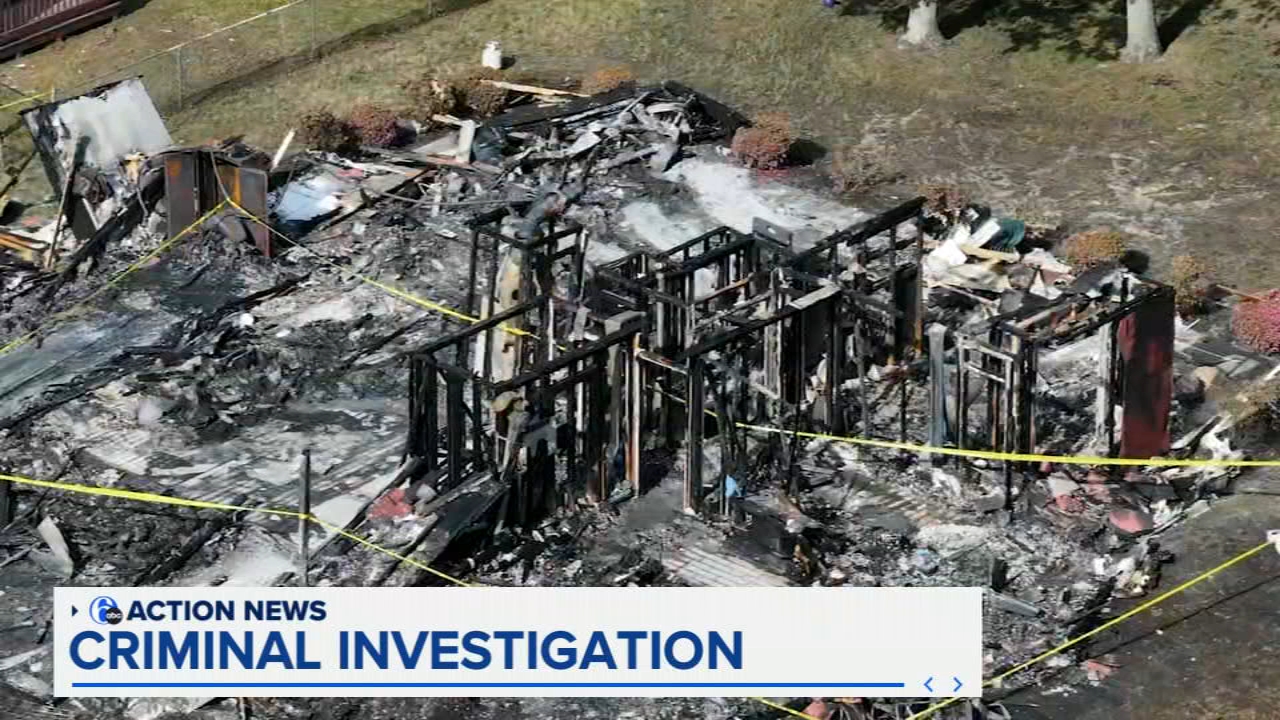'Trains do not run without engineers': Looming NJ Transit strike could impact 350K commuters
A deadline to make a deal is 12:01 a.m. Friday.
Some 350,000 New Jersey commuters could soon find themselves scrambling for other ways to get to work if contract disagreements between New Jersey Transit and its engineers' union aren't resolved, according to transit officials.
A deadline to make a deal is 12:01 a.m. Friday.
The Brotherhood of Locomotive Engineers and Trainmen (BLET) has threatened to strike as early as Friday, May 16 unless NJ Transit and the union are able to agree on new contract terms and conditions for the workers who drive the trains. If no deal is reached, all New Jersey Transit commuter trains - and the MTA Metro-North West of Hudson service - will stop running.
"We have sought nothing more than equal pay for equal work, only to be continuously rebuffed by New Jersey Transit," BLET General Chairman Tom Haas said during a press conference on May 9. "New Jersey Transit engineers want to keep the trains moving but the simple fact is that trains do not run without engineers."
RELATED: NJ Transit, largest union reach tentative contract deal as engineers' strike looms
NJ Transit has already canceled train and bus service to MetLife Stadium for the Shakira concerts on Thursday and Friday due to the possibility of a strike.
BLET National President Mark Wallace said during the press conference that it's been five years since train engineers working for NJ Transit have received a pay increase. He also said many engineers might seek work at Amtrak or the Long Island Railroad if their contract requirements are not met.
"Reasonable people would vote for an agreement that is fair," Wallace said.
Haas said during the news conference that engineers working for NJ Transit earn an average salary of $113,000 a year. If New Jersey Transit CEO Kris Kolluri agrees to an average salary of $170,000 a year for engineer operators, then "we got a deal," Haas said.
"NJ TRANSIT locomotive engineers already have average total earnings of $135,000 annually, with the highest earners exceeding $200,000," according to a statement on the New Jersey Transit website regarding negotiations with the BLET.
During a separate press conference the same day, Kolluri responded to the union's arguments, saying Haas previously agreed to a wage increase to $49.82 an hour but then later demanded even higher wages because he thought there was "a better pot at the end of the rainbow."
"I cannot keep giving money left and right to solve a problem. It all comes down to, who is going to pay for this? Money does not grow on trees," Kolluri said.
ABC News requests sent to NJ Transit and the BLET for comment regarding Wallace, Haas and Kolluri's statements concering pay increase claims did not receive a response.
New Jersey Transit and BLET representatives met Monday with the National Mediation Board in Washington, D.C. to continue negotiations.
"We want to thank the National Mediation Board (NMB) for convening today's meeting," NJ Transit said in a statement on their website following the meeting. "We found the discussion to be constructive and look forward to continuing negotiations in good faith. To respect the collective bargaining process, we will not be sharing any additional details publicly at this time."
There was no public BLET statement following the National Mediation Board meeting, nor did BLET immediately respond to an ABC News request for comment.
NJ Transit states that if they were to accept BLET's terms, it would cost both them and New Jersey taxpayers $1.363 billion between July 2025 and June 2030. Additionally, if BLET chooses to strike, the taxpayer cost of providing a limited alternative service via buses would be $4 million per day, NJ Transit claims.
NJ Transit commuters were already hit with a 15% fare increase on July 1, 2024, with an additional systemwide 3% fare increase scheduled to go into effect July 1 of this year and every subsequent year. NJ Transit said that the increase was necessary in order to cover a budget deficit caused in part by a pandemic-era decrease in ridership, as well as other increased costs, including inflation.
Should the strike commence on May 16, NJ Transit said it "strongly encourages all those who can work from home to do so and limit traveling on the NJ Transit system to essential purposes only."
NJ Transit officials also said that they've developed a contingency plan that includes adding "very limited capacity to existing New York commuter bus routes in close proximity to rail stations and contracting with private carriers to operate bus service" for commuters that typically rely on the trains.
Even with the expanded bus service, however, NJ Transit said that it "estimates that it can only carry approximately 20% of current rail customers" because the bus system doesn't have the capacity to replace commuter rail service.
Xuan Sharon Di, associate professor of civil engineering and engineering mechanics at Columbia University, told ABC News the potential NJ Transit strike would be a "disaster" for the traffic in Manhattan due to the increased bus and car traffic into the city from commuters unable to take the train. There also will be the added penalty of commuters into Manhattan having to pay recently enacted congestion pricing.
"New Jersey Transit is the backbone for people who live in New Jersey to move around. This is actually shocking to me," Di told ABC News of the prospect of a strike.
Steven Chien, civil and environmental engineering professor at the New Jersey Institute of Technology, said many of his colleagues use NJ Transit to commute and that a strike will "paralyze vital transportation arteries in our regions."











